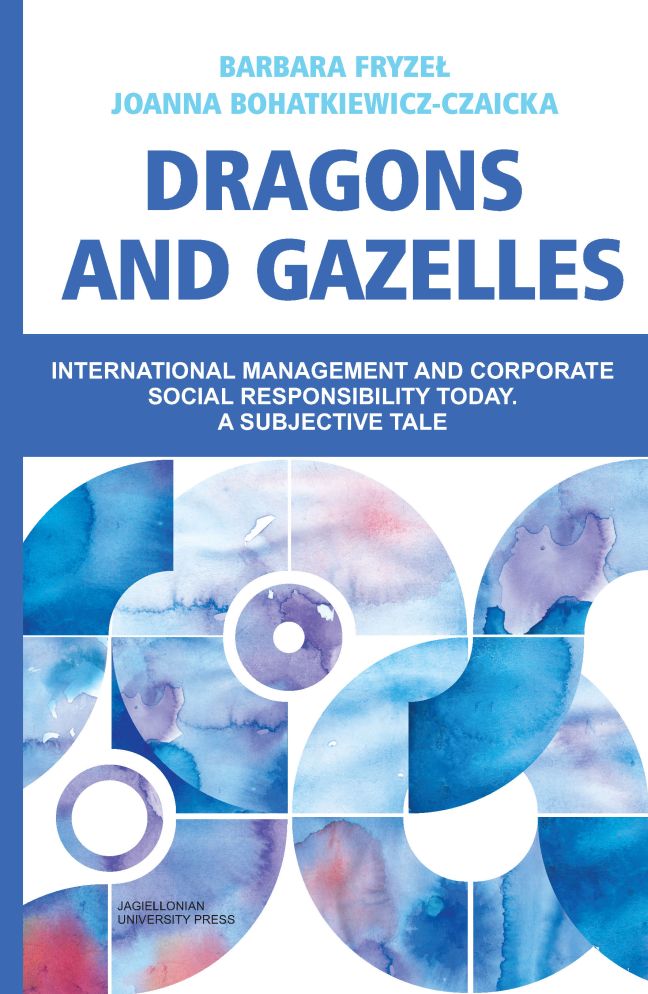 Dragons and Gazelles
Dragons and Gazelles Book contents
- Frontmatter
- Contents
- International Management Seen Holistically. Introductory Remarks
- The International Business Environment
- Capital Concentration: A Pre-Requisite or a Consequence of the Development of Transnational Corporations
- The Mechanisms of Internationalisation
- Global Marketing and Shaping Customers
- Cultural Aspects of a Global Market
- Social Perspectives of Business Internationalisation
- The Globalisation Project, Management and Crisis
- Case Studies
- References
- Appendix
- Index
- Miscellaneous Endmatter
Cultural Aspects of a Global Market
Published online by Cambridge University Press: 01 March 2024
- Frontmatter
- Contents
- International Management Seen Holistically. Introductory Remarks
- The International Business Environment
- Capital Concentration: A Pre-Requisite or a Consequence of the Development of Transnational Corporations
- The Mechanisms of Internationalisation
- Global Marketing and Shaping Customers
- Cultural Aspects of a Global Market
- Social Perspectives of Business Internationalisation
- The Globalisation Project, Management and Crisis
- Case Studies
- References
- Appendix
- Index
- Miscellaneous Endmatter
Summary
Cross-cultural differences have always been one of the central themes in international management and good motivation for accumulating knowledge and competences such as sensitivity and cultural awareness on one hand, and flexibility on the other hand, to enable managers to function in the cross-cultural environment. Knowledge pertaining to the specifics of different cultures is necessary to avoid strategic mistakes when expanding internationally, and paramount for building stable relations with customers. It is also needed for building effective cooperation in increasingly diversified work groups as well as for managing inter-organisational processes such as negotiations or postmerger integration.
Traditionally, cultural diversification was seen as a challenge and a source of potential conflict (Hampden-Turner, Trompenaars, 1993). It can be interpreted through the lens of cultural ethnocentrism, be it in the workplace or on consumer markets, which requires managers to have cross-cultural skills allowing them to read signals from the environment and interpret them accordingly (Søderberg, Holden, 2002).
The contemporary view of cross-cultural differences sees them as a potential source of competitive advantage (Dupriez, Simons, 2000; Søderberg, Holden, 2002), assuming that a culturally diversified environment, be it a workplace or a consumer environment, can serve as a “living lab”, where different behaviours and traditions can be observed and strategies tested.
Both views as described above can be seen in the context of organisational culture, defined as the set of features describing the relations of the members of any given organisation with its partners and external environment, and which is sufficiently characteristic to differentiate them from other market players (Hofstede, McCrae, 2004)98. This definition assumes that culture has a function of differentiating one organisation from another; in this context, it overlaps with the definition of organisational identity, seen as a set of mutually shared beliefs which differentiates an organisation from the other market players (Albert, Whetten, 1985), which are central and enduring (Whetten, 2006)99.
Mutually shared beliefs are the necessary determinant for the culture to be an effective binder, something internally cohesive for an organisation which allows its members to build a sense of identification and belonging. Culture, therefore, plays both an internal and external role as the vehicle for identification for internal members of the organisation and a vehicle for differentiation for external actors.
The concept of culture serves as the interpretation lens for questions such as how we live, how we perceive the surrounding reality and how we communicate.
- Type
- Chapter
- Information
- Dragons and GazellesInternational Management and Corporate Social Responsibility Today. A Subjective Tale, pp. 81 - 96Publisher: Jagiellonian University PressPrint publication year: 2023
